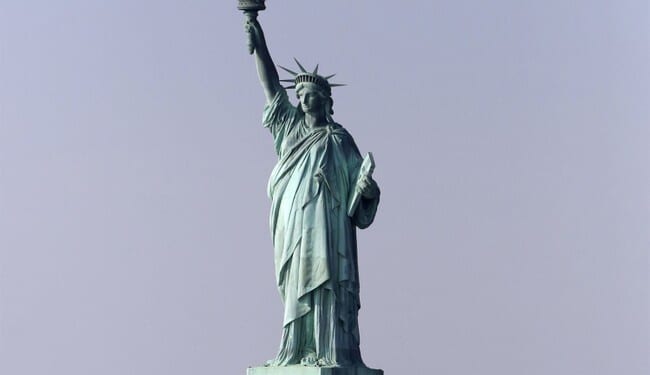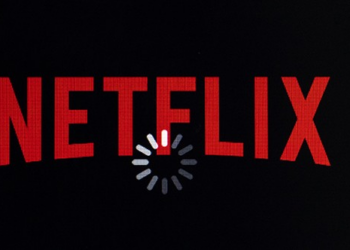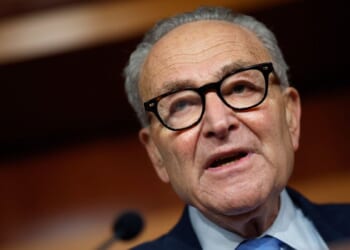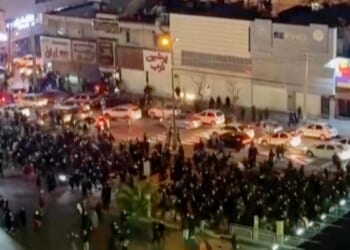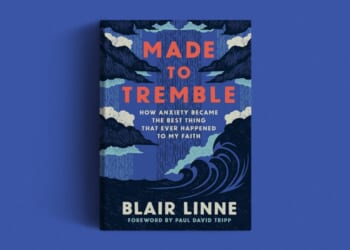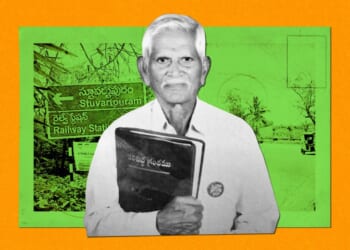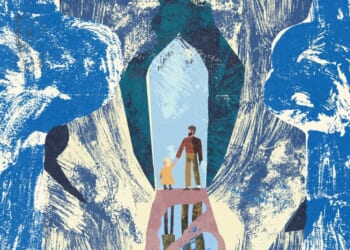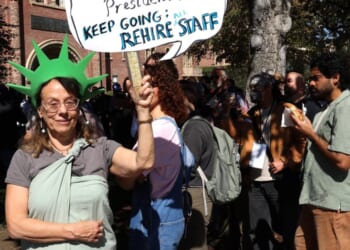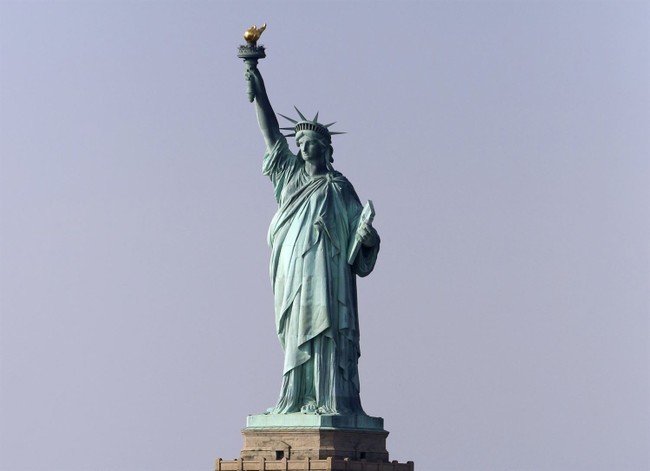
The Revolutions They Inspired
The fire that Rousseau and Voltaire kindled did not remain in books. It leapt from page to street, from drawing rooms to barricades. Their words became weapons in the hands of men who had never met them and who would never agree on what freedom meant.
Rousseau and the French Revolution
When the Bastille fell in 1789, Rousseau had been dead for more than a decade, but his spirit marched at the front of every mob. The cry for liberty, equality, and fraternity was his dream made flesh. His disciples were Robespierre, Saint-Just, and the Jacobins. They read The Social Contract as scripture and believed, as Rousseau had, that man could be remade if only society were purified. The General Will would speak through them; the corrupt would be swept aside.
But revolutions that worship virtue soon discover that purity demands blood. The guillotine became Rousseau’s altar, and France his sacrifice. In the attempt to make men free by force, they bound them tighter than before. The General Will hardened into a political religion: dissent became heresy, conscience became crime.
Out of that fever came the first modern totalitarianism, not yet industrial, not yet global, but moral and absolute. Rousseau’s dream of a righteous community turned into a machinery of control. His faith in the people was betrayed by his own logic: once you decide that goodness can be compelled, no one is safe.
To be fair, Rousseau saw, more clearly than most, that Europe’s old order was rotten, that kings and nobles lived off the sweat of the poor and called it divine right. He felt the pain of the voiceless and gave it words powerful enough to topple thrones. His tragedy was not in his compassion but in his cure, which, like many medicines, became poison in high doses.
Voltaire and the American Revolution
Across the Atlantic, another revolution took shape, quieter in tone but deeper in consequence. Its architects had read the same Enlightenment that birthed Rousseau, but they drew on its other current, the one Voltaire carried home from England.
During Voltaire’s exile from France, whose court could not abide his satire, England became his refuge and his revelation. There, amid Parliament, newspapers, and debate, he saw something France had never known: liberty protected by law. He returned to the Continent convinced that civilization need not crush the individual, and that order and freedom could coexist.
The American founders, raised in that same British tradition, absorbed the lesson from him and his disciples, like Thomas Paine. Jefferson, Franklin, and Madison found in Voltaire a model of reasoned liberty: faith without fanaticism, power balanced by law, conscience protected from both monarch and mob. “We hold these truths to be self-evident,” Jefferson wrote. It was the language of a rational man, not a zealot. The rights of man, in the American idiom, were not gifts of the state but endowments from the Creator.
Where Rousseau’s French followers tried to perfect mankind, Voltaire’s heirs in America tried to restrain him. They built a republic on the distrust of human nature, not faith in its purity. Their revolution ended not in terror but in constitution. Theirs was freedom with fences, an inheritance of English common sense shaped by a new world’s hope.
If the French Revolution was a sermon shouted through a bullhorn, the American Revolution was a conversation written in ink. One consumed itself in passion; the other endured because it married reason to principle.
The Divergence of Freedom
By the century’s end, the two great experiments stood as mirror opposites. France’s revolution sought to sanctify equality and ended in tyranny. America’s revolution sought to preserve liberty and ended in stability. Both claimed to speak for “the people,” yet one trusted virtue and the other trusted balance. The world has been arguing ever since about which definition of freedom will prevail.
The Quarrel of Brothers
They had begun as admirers. Each recognized in the other a mind capable of shaking empires, and that made them dangerous to one another. For a brief moment, Rousseau and Voltaire shared common cause: both despised hypocrisy, both sought to free mankind from superstition and tyranny. But beneath that shared banner lay two utterly different temperaments, and the deeper they thought, the further apart they grew.
Rousseau’s Discourse on the Arts and Sciences declared that civilization corrupts man. Voltaire, who had risked prison and exile defending the very idea of civilization, took it as a personal insult. He fired back, “One longs to walk on all fours after reading your work.” Rousseau replied with outrage, accusing Voltaire of blasphemy and moral decay. Voltaire mocked him in turn as a madman who wanted to return humanity to the jungle.
Their quarrel was more than a clash of egos. It was the first great fracture of the Enlightenment — reason versus sentiment, realism versus idealism, mind versus heart. They were two prophets of freedom who could no longer speak the same language. And once the rift opened, it never closed. By the time they died, the age of debate had hardened into camps, and the camps had learned to despise one another.
The same story played out centuries later in the modern world. In the nineteenth century, the ideas of Karl Marx arrived in the West like a new gospel. At first, Americans and Europeans treated it as one more philosophy to be examined, debated, perhaps even mined for insight. There was curiosity, even sympathy. After all, the ideas had arrived during a period of social reform. Marxism claimed to seek justice for the poor, much as Rousseau had, much as the social reformers of the Victorian age did. But soon, the familiar pattern returned. The disciples of Marx, like those of Rousseau, declared that freedom required purification and that the individual must dissolve into the collective, the better to serve mankind. And once again, argument gave way to accusation.
The liberal democracies that traced their lineage to Voltaire, grounded in reason, compromise, and law, found themselves facing a rival creed that viewed reason itself as corrupt and compromise as betrayal. The quarrel of the two philosophers had become a quarrel of civilizations.
Like Rousseau and Voltaire, the heirs of Marx and Madison no longer merely disagreed. They distrusted each other’s very concept of truth. The conversation that began in good faith curdled into contempt. And as before, both sides claimed the mantle of freedom.
The Modern Legacy
The quarrel endures. It has simply changed its dress. In every age, Rousseau’s passion and Voltaire’s reason struggle for control of the human spirit.
Rousseau’s descendants live on in movements that promise liberation through collective virtue, from Marx’s proletarian utopia to the bureaucratic moralism of modern technocracy. The rhetoric shifts, but the impulse remains the same: to perfect mankind by reorganizing him. In our own day, the vocabulary of equity and solidarity echoes the old dream of Rousseau’s General Will. Each new crusade insists that dissent is harm, that speech must be managed, that goodness can be mandated. It is the same fire that once burned beneath the guillotine to dispose of the products of death, now burning under slogans of compassion.
Voltaire’s line still runs through the free world’s institutions: its courts, its constitutions, its stubborn defense of conscience. His belief that truth must be tested, not decreed, underlies the very idea of civil society. Yet that inheritance is fragile. The rational tolerance he defended depends on moral discipline, and the modern West is running short of that supply.
Our universities censor in the name of sensitivity; our media sneers at doubt; our politicians invoke moral purity while abandoning moral restraint. The conversation Voltaire began, that vision of a world where ideas could contend without blood, is faltering because the will to preserve it is fading.
And still, the two impulses cannot be separated. The dream of moral unity and the defense of ordered liberty are both written into the modern soul. We are Rousseau’s children when we rage against injustice without thinking it through, and Voltaire’s whenever we insist that justice must be bound by law. The danger comes when we forget that freedom without order becomes tyranny, and order without conscience becomes despotism.
The twenty-first century is not the end of their argument but its latest round. Our task, and our inheritance, is to hold the line Voltaire drew: liberty disciplined by reason, compassion governed by truth. Only within that tension can freedom survive.
The Two Souls of the Modern Age
The Enlightenment gave us two visions of man, and they have been at war ever since. One believed freedom would flower once the heart was unchained; the other believed freedom could endure only when the mind was anchored, securely at bay against the ravages of human nature. Rousseau and Voltaire did not simply argue over ideas; they defined the two souls of the modern age.
Rousseau’s soul is restless and yearning, forever trying to build heaven on earth. It speaks in the language of compassion and moral purity, but its sandy foundation cannot bear the crooked timber of humanity. It insists that if men were only unrestrained, they would be naturally good, that the noble savage, freed from law and hierarchy, would live in moral harmony. But man unrestrained does not become noble; he becomes cruel. Rousseau’s paradise dissolves the moment it touches reality. He demanded virtue without grace or self-control, order without God, and ended by justifying tyranny in the name of love.
Voltaire’s soul is skeptical, wry, and pragmatic. It does not believe men can be perfected, only governed wisely. He recommended institutions instead of utopias — parliaments, courts, schools, republics — all designed to restrain power rather than sanctify it. He understood that law, not impulse, guards liberty; that freedom exists only where order holds. He never mistook mankind for the angels, which is why his vision still works when put to the test.
The quarrel between these two souls is the quarrel of civilization itself. Every age rediscovers it; every generation chooses a side. The totalitarian and the republican, the zealot and the citizen, the censor and the free mind, all trace their lineage back to that moment when two men looked at the same Europe and saw opposite meanings in the word freedom.
We live in the long echo of their disagreement. The mobs that howl for purity, the bureaucracies that promise justice, the fragile liberties still defended in courts and classrooms, all are their legacy. Rousseau’s chains still rattle; Voltaire’s candle still burns.
True liberty lies in Voltaire’s vision: freedom bounded by law, conscience, and humility. Rousseau’s heart ached for justice, but his cure mistook emotion for truth. Voltaire, for all his sarcasm and sin, saw humanity as it is in all its grand imperfection and loved it enough to govern it wisely. Civilization survives only when his light outshines Rousseau’s fire. For without restraint, freedom dies, and only within order does it endure.

